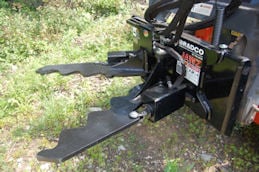The Basics of Generator Maintenance – Pallet Jack Maintenance
Pallet jack maintenance
Poad maintenance materials
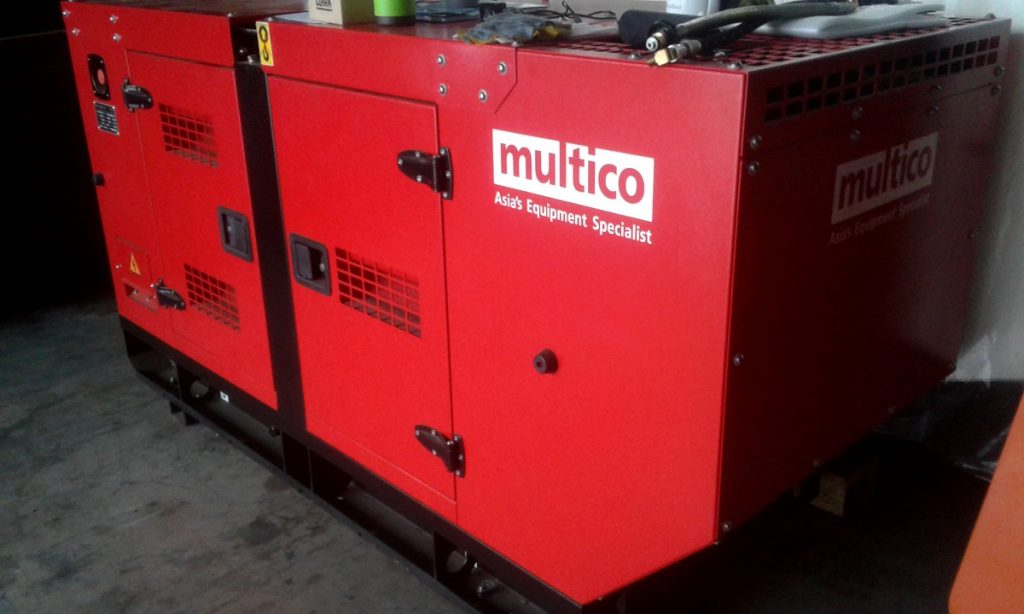
What are the basics of generator maintenance?
- Check fluid levels before use
- Avoid dirty fuel
- Keep it clean
- Inspect the spark plugs
- Proper storage is more important than you think
- Annual inspections are a must
If you own and operate a generator, then knowing the basics of generator maintenance can be helpful in increasing its lifespan as well as its effectiveness. However, it is not the simplest thing to do and you may lack the knowledge to maintain your generator properly.
To help you in that regard, here are some of the basics of
generator maintenance that you would do well to know.
Check fluid levels before use
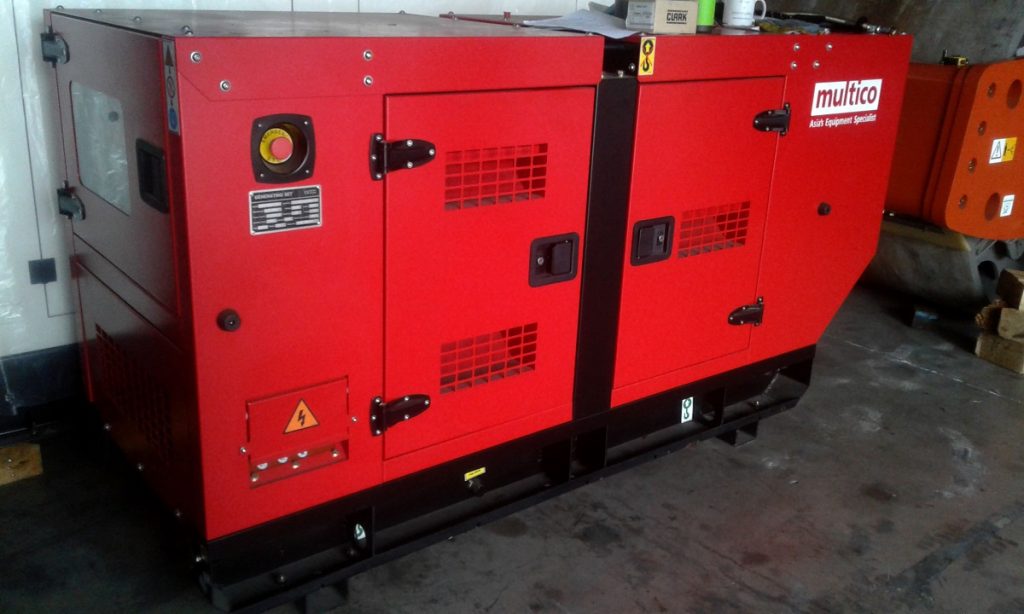
Checking the fluid levels before using your generator is a simple, yet effective way of ensuring that it is used properly. Coolant is a type of fluid that prevents a generator from overheating. Operating a generator with low levels of coolant naturally leads to more heat being produced and can shorten the lifespan of your generator. Aside from that, oil and fuel are also necessary fluids that help generators function properly. Make sure that your generator is topped up on these before use.
While you’re at it, check if the fluids in your generator are
clean and none of them are leaking into each other. Oil that has leaked into
the cooling system can make the coolant appear milky. Once you see this, you
might have to check for leaks and defects in your generator’s engine.
Avoid dirty fuel
Using dirty fuel will cause your generator to produce
inadequate amounts of power, if not malfunction completely. Just like the
previous entry, visual checks will be necessary to verify the integrity of your
generator’s fuel.
Improper storage or refilling its tanks in dirty conditions
will result in the fuel being contaminated. To prevent this, store fuel in
proper receptacles and keep out of dirty, high-traffic areas. Also, don’t
refill in windy conditions where dust is more likely to get into the fuel.
Aside from dirty fuel, fuel can also degrade, making it less
effective and inefficient. Do a regular generator set exercise to use up stored
fuel before it degrades.
Keep it clean
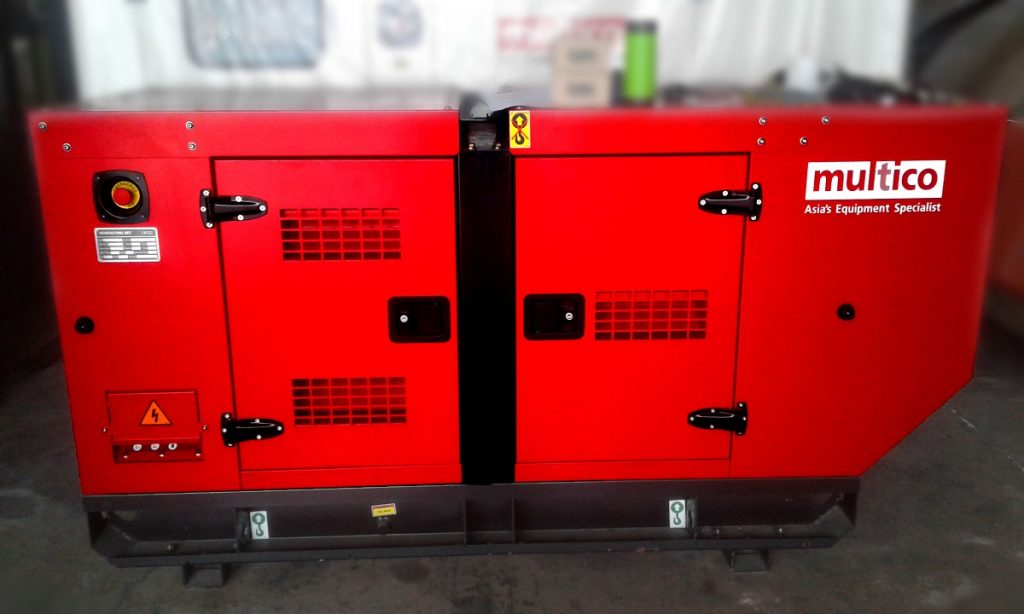
As with any maintenance endeavor, physical cleanliness is a precursor to peak performance. Check the condition of the air filter daily and clean it when necessary. On top of that, clean the filter regardless after 100 hours of use and change it monthly.
Cleaning the engine means removing dirt and buildup that can
affect its performance. This would also be the perfect time to look for
potential concerns that you may have missed. In this regard, avoid using a
pressure washer because it can cause damage to some of the engine components.
Instead, you can use an air blower to remove any dust and a clean rag with a
degreaser to wipe off excess residue and/or grease.
Inspect the spark plugs
For spark plugs, check them every 100 hours for damage, oil
residue, or carbon buildup. Clean with a wire brush or spark plug cleaner when
necessary. You should also replace any spark plugs that have visible damage or
cracks in the porcelain.
Proper storage is more important than you think
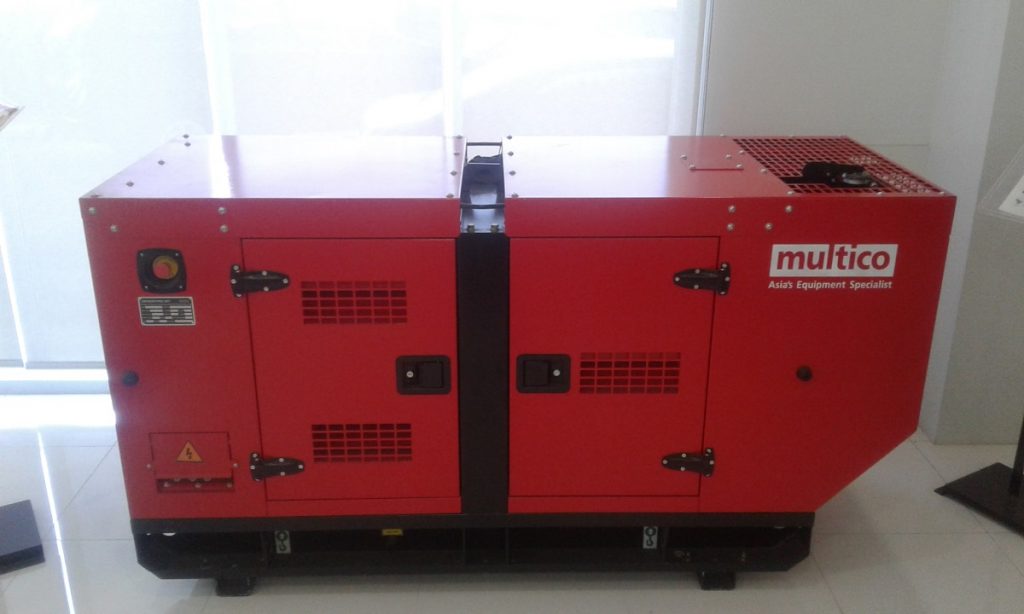
If you weren’t aware, proper storage is a big part of preventive maintenance in generators. Exercise the generator every 2 months if it has oil and fuel in the tank. However, if you have not used your generator for more than 30 days and are not planning to use it in the near future, you need to put in the extra effort to protect the engine.
Remove the battery, clean the posts, and ensure that it’s
fully charged. Next, drain the fuel from the fuel tank, so it doesn’t degrade
inside. To avoid corrosion in the cylinder bore, remove the spark plug and add
a few drops of motor oil through the plug hole. Pull the starter a few times
before putting the spark plug back in.
End the process with a final general cleaning. Ensure that
all cooling air slots and openings are unobstructed. Finally, place a
protective cover around the generator and store it in a cool, dry place.
Exercise the generator every 2 months if gas or oil is
present in the engine. If the generator will be stored for longer periods,
drain the oil and gas from the carburetor, put oil in the cylinder and pull
until resistance is felt.
Annual inspections are a must
Annual inspections conducted by a maintenance provider are
important if you want to keep your generator working properly for the
long-term. A mechanic or electrician would be able to identify broken or
misaligned parts that a regular person may have missed. Combined with the previously
mentioned maintenance tips, this will ensure peak performance year-in and
year-out.
Key Takeaway
Now that you know the basics of generator maintenance, you
are better prepared to address the future problems and complications that come
with using a generator. Employ these practices and don’t forget to pass on the
knowledge to other people.
